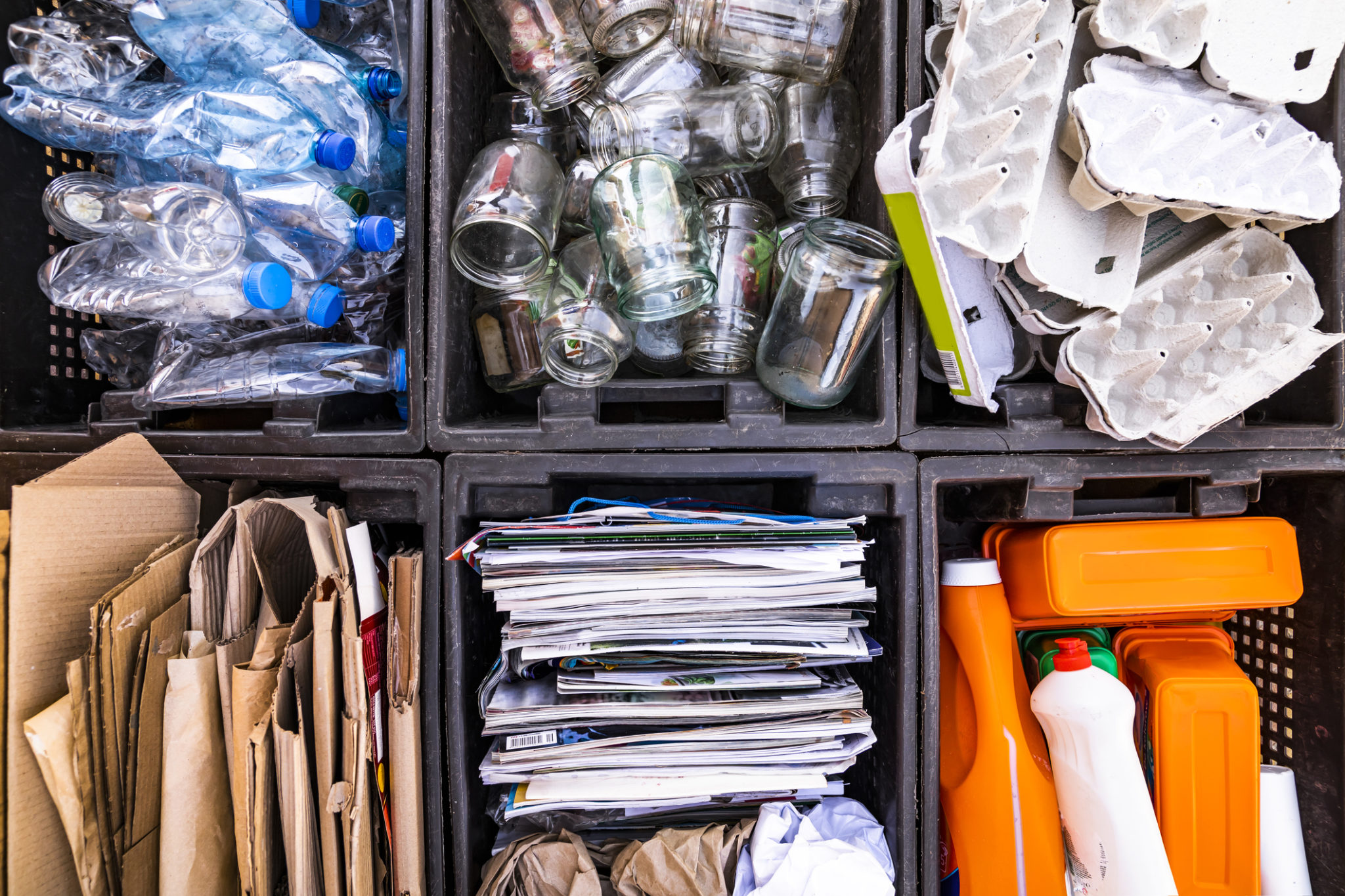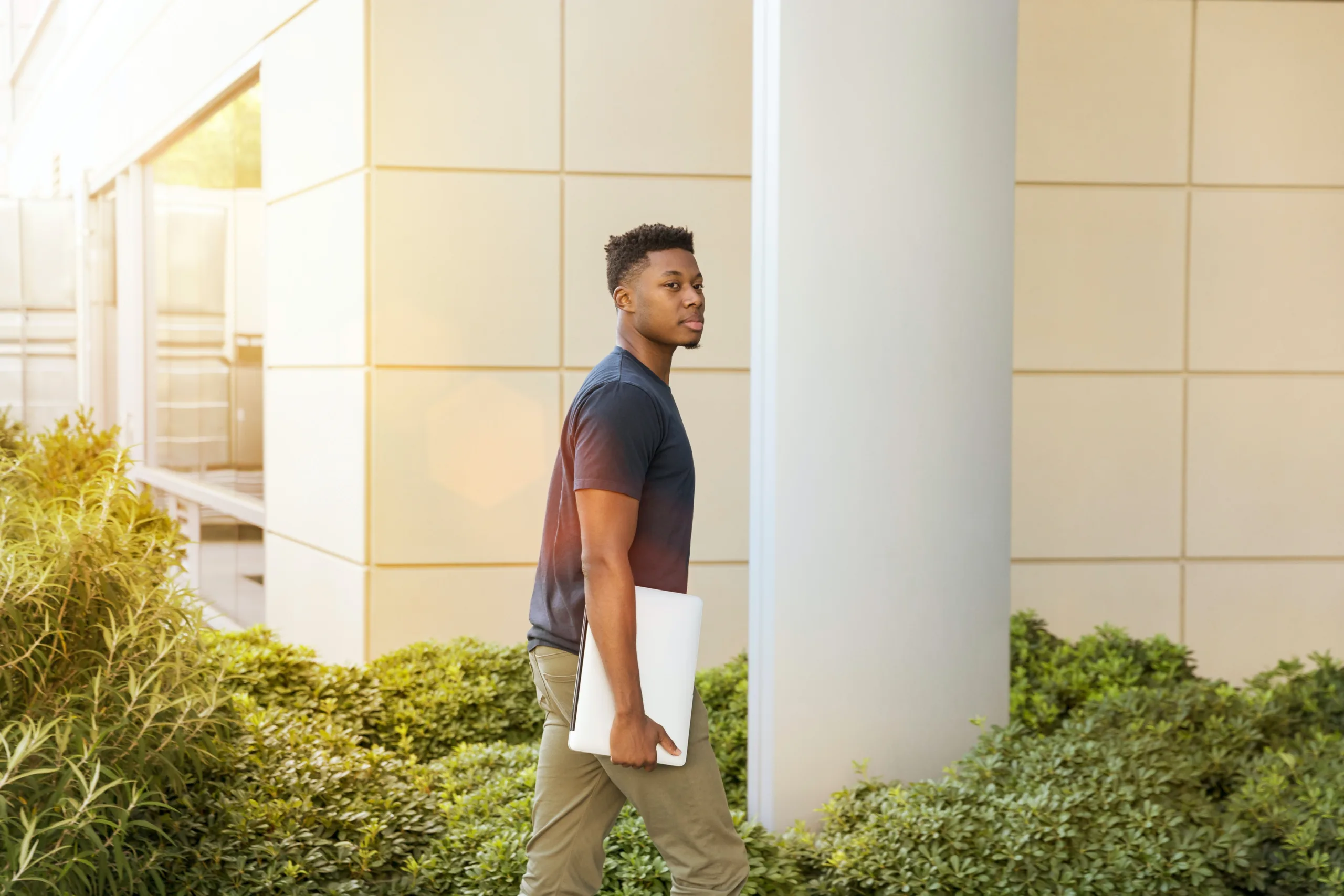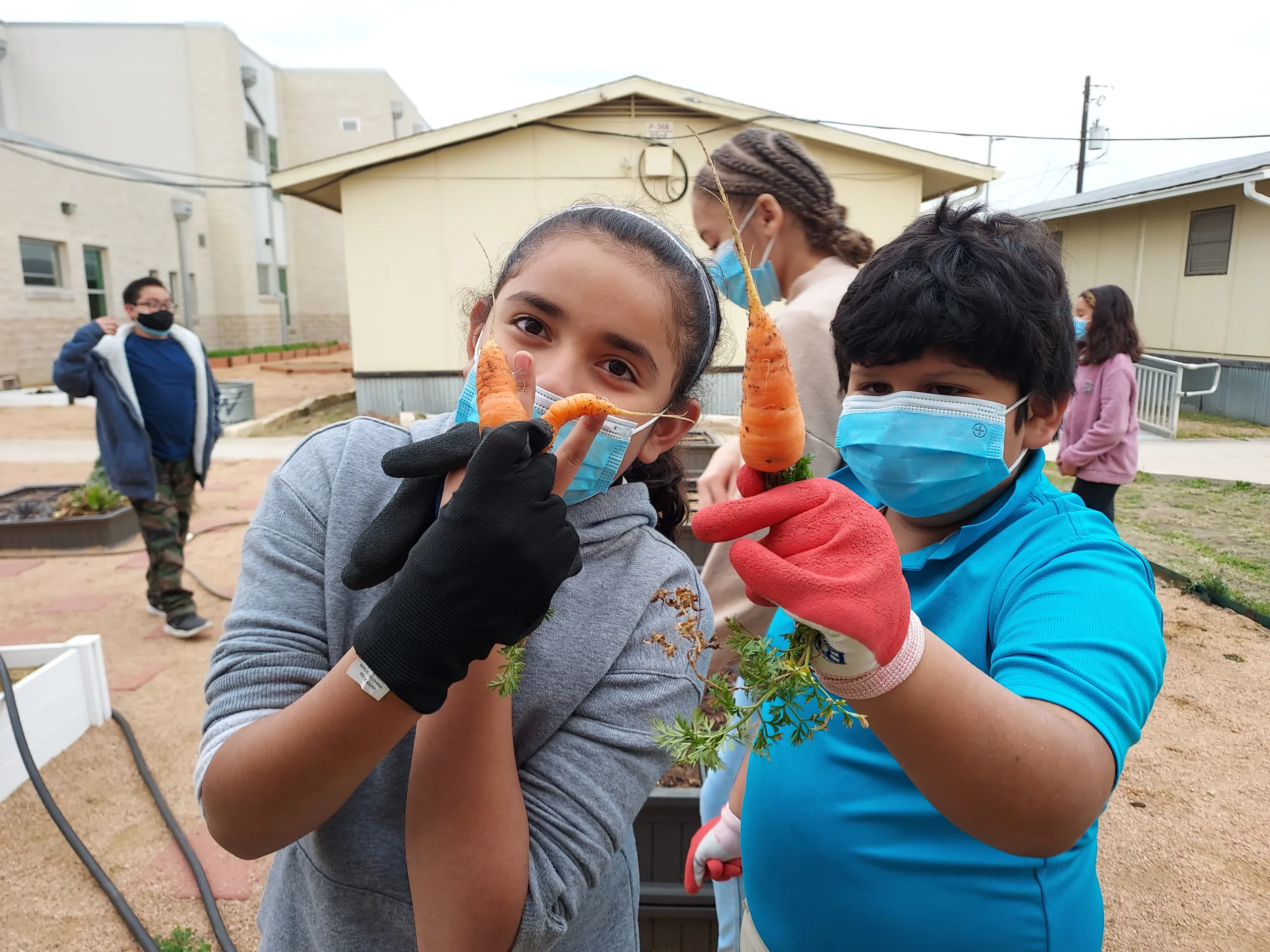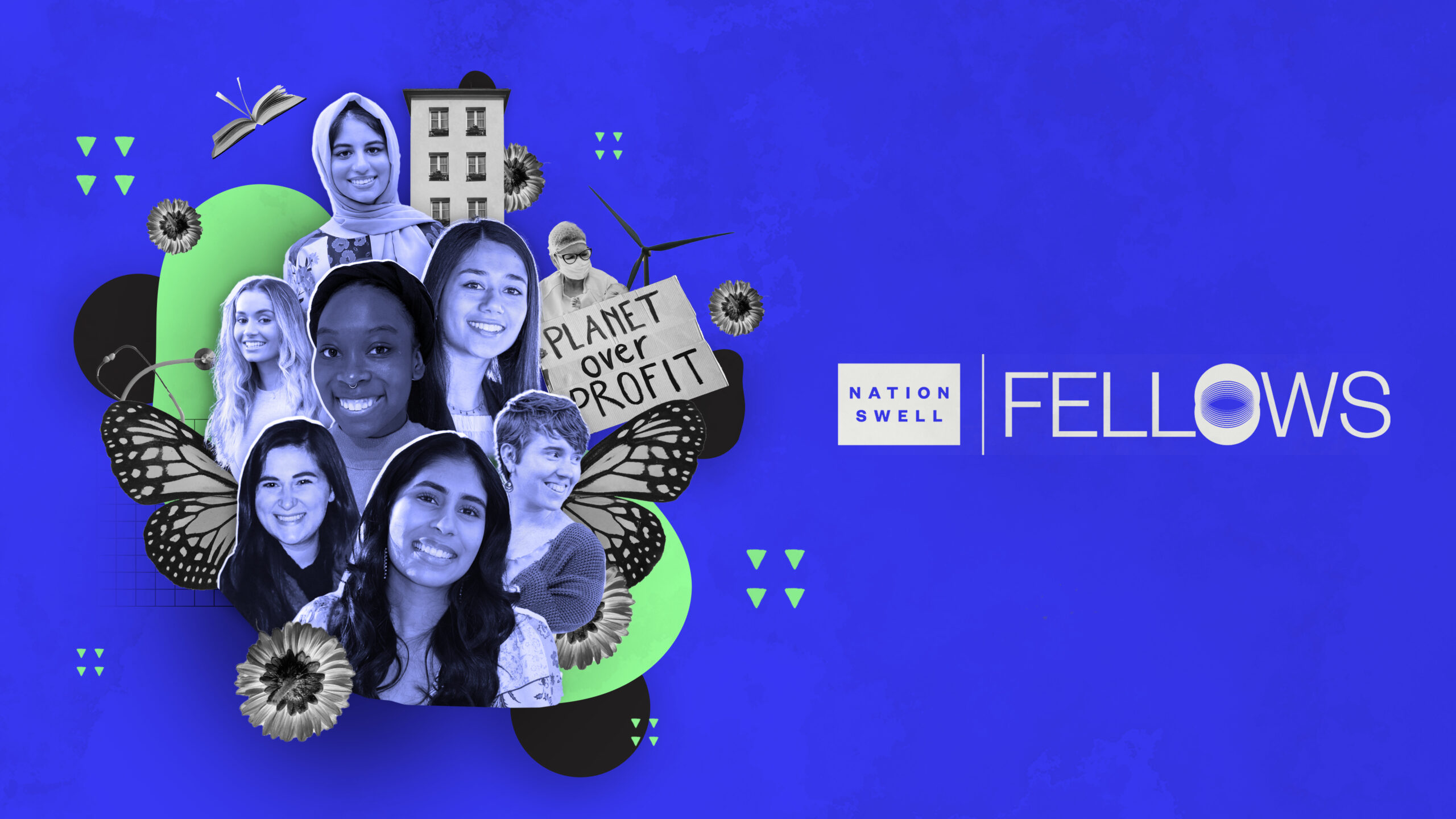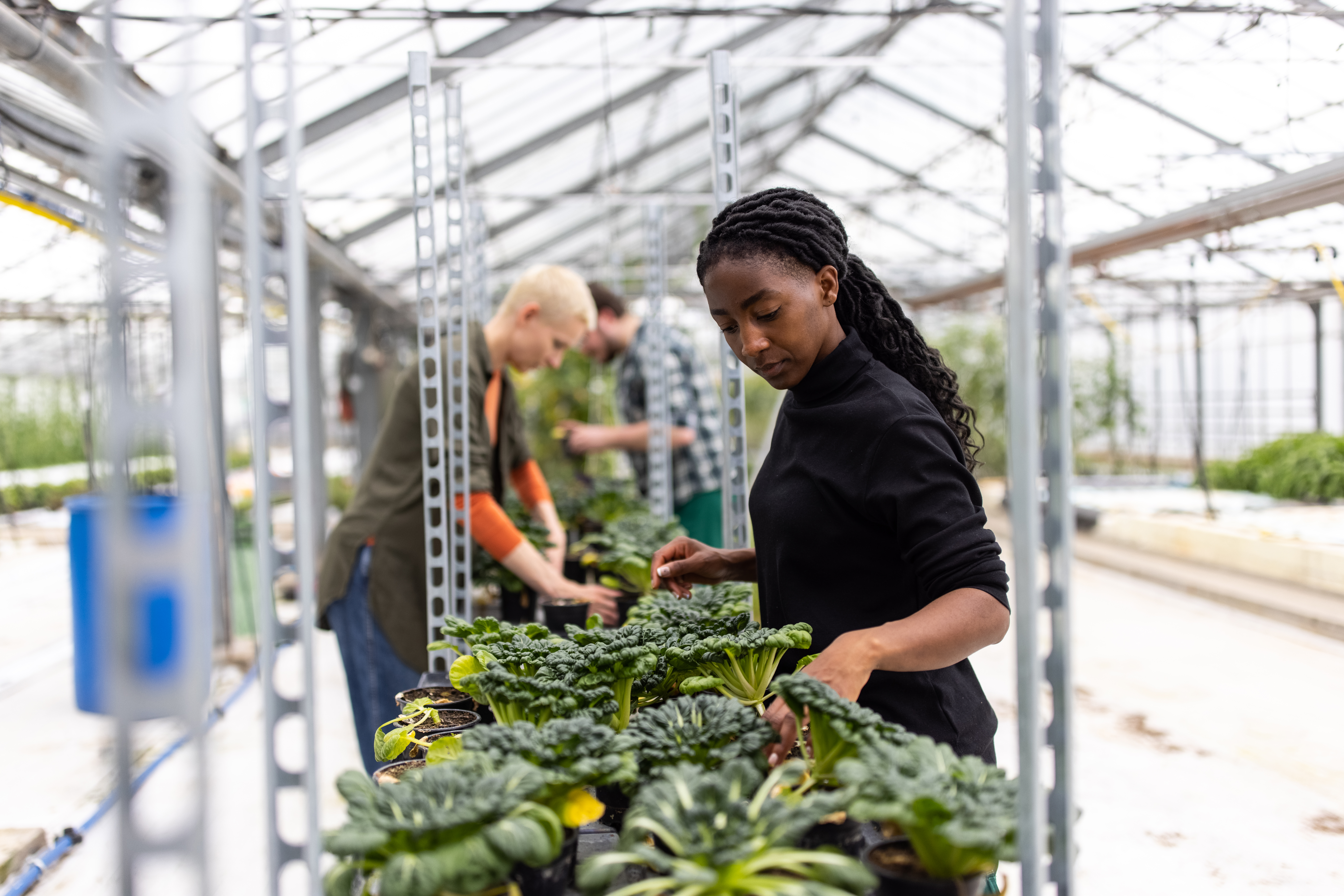Every day, the average American produces five pounds of trash a day.
It’s a number that might not seem like a lot, but at scale, it’s staggering: By the end of one year, America as a nation has produced 268 million tons of new trash — enough garbage to fill 12,000 Olympic-sized swimming pools.
And of those millions of tons of new waste that end up in our landfills, less than a third of it is recyclable. That means that solving this problem will take so much more than just recycling better, and more often — it’ll take radically rethinking our relationship with how we purchase, what we purchase, how frequently we purchase, and perhaps most importantly, what we do with the things we have when we’re ready to throw them away.
In honor of Earth Day 2021, NationSwell is launching a content series exploring solutions from the Circular Economy, which the Ellen MacArthur Foundation defines as “a systemic approach to economic development designed to benefit businesses, society, and the environment. In contrast to the ‘take-make-waste’ linear model, a circular economy is regenerative by design and aims to gradually decouple growth from the consumption of finite resources.”
To kick off this series, I spoke with NationSwell Council member Sandra Goldmark, Director of Campus Sustainability and Climate Action for Barnard College, who quite literally wrote the book on the Circular Economy. Here’s what she had to say.
NationSwell: Thank you so much for speaking with me, Sandra. To start things off, would you be able to define the Circular Economy for our readers?
Sandra Goldmark: A big part of what we do as humans is extract resources from the earth. We turn them into things, and use them, and then we’re done with them. Right now we operate in a linear system where those goods just go right back into the earth, in the form of landfill.
But a circular system, and a circular economy, are different. When we move towards a circular system, we harness those resources and feed them into new processes, products, or goods. And along the way, increase, access, health and benefits for the human communities working on those goods. There’s no material that is ever considered unused. Just like in the natural world, every by-product or outcome of any process gets fed back into another process.
Why do we so urgently need to shift towards a circular system as soon as possible?
Right now, thank God, we are really beginning to take some serious strides on climate change. Biden has laid out a really impressive infrastructure plan. We are all of a sudden looking at transitioning our entire car fleet essentially to electric vehicles over the next 10 to 20 years.
However, if we build all that infrastructure, build all those new cars, build all those energy efficient appliances with the old linear model, then yes, we’ve switched to renewable energy, but we have not eased the pressure on the natural resources, which is a huge problem. We can’t approach our new climate plans as though switching to renewables is the only thing we need to do to be truly sustainable. We need to adopt a circular economy by building new systems and infrastructure and objects with existing, pre-extracted resources — rather than extracting new ones.
In your book, you talk about how the Circular Economy advances equity. Can you talk about how?
My entree into circularity really came from thinking about waste and environmental impacts. But as soon as I began actually looking at it, I realized very quickly that you can’t separate the human, the social impacts and the environmental impacts of these broken practices. Not that they’re one in the same, but they’re so closely linked that you really can’t look at one without looking at the other.
Look at a garment that you might buy. If it is cheap and poorly made, that means that the person making it was paid very, very little. That means that most likely the community where it was made was facing some negative environmental impacts from the manufacturer of that garment. And that means that most likely it won’t last very long and it will go to landfill.
And so if you start thinking about a different kind of garment, one where the person making it was paid a fair wage, where the true cost of the materials and the distribution of it from an environmental standpoint was paid for, you might be looking at a more durable garment. One that is, for example, repairable, where all of a sudden, a local artisan where you live might earn some money fixing it and where it could be passed on to somebody else when you’re done with it — maybe at a lower cost than the original price for a new garment.
And so all of a sudden there are these cascading benefits to rethinking what we pay for the objects that we make. Can we pay a little more to have new objects that are higher quality? Can we pay to have things fixed? Can we pay to have systems for circulating things within the community? And thereby increasing wages for manufacturers, increasing access to quality goods at the local community level and creating local jobs… it’s all there as soon as you start to look.
And in fact, the roots of the problem are also all about how much we’re paying people. Like, there’s no way we’re going to have repair shops exist again in the United States in a robust way if we’re competing against these artificially low wages overseas. So fighting for fair wages overseas is actually, when you’re looking at a circular model, is also a way of fighting for local jobs. Those jobs can be in the reuse and repair sector. It doesn’t have to be an either or. It doesn’t have to be like overseas jobs versus ours. It can be both.
What are things that individuals can do right now to live with circularity in mind?
This is the easiest thing in the entire world. Every single person in the United States today can radically reshift the amount of used goods that they buy, decrease the amount of new goods they buy and increase the amount of used goods. When they buy new, they should make a real effort to buy things that are sustainably and ethically made. And that those new purchases can become much more rare and used goods should be the majority of your stuff diet.
What can businesses do to develop healthy models for growth? And what might you say to an entrepreneur who might be thinking right now, “Sure, circularity is great and everything, but isn’t this all bad for my bottom line?”
We need to rethink our business models for businesses large and small. Most businesses that make and sell stuff are locked into a model where their entire source of revenue is manufacturing and selling more and more new goods. Now, if those goods are green or sustainable, great. But if your only business model is always about selling more new stuff, it’s not going to work. We need to build business models that have some revenue from good new stuff, some revenue from reuse/refurbishment, some revenue from repair/reuse/recycling. We need to have a diversified business model where businesses are actually making money from something other than selling new goods.
What’s the policy side of this? What can we support at the federal or local level?
So the policy part of that is huge. I always like to think about it as small and big. On the small level, there are local municipal level policies that can make a big impact. Pay-as-you-throw waste pickup, mandatory composting, all of these kinds of policies that will incentivize the right behavior. We could begin to be giving tax breaks to repair service providers, to reuse businesses. That’s more like at the city or state level. At the federal level, in this new infrastructure bill, we need to be plugging a huge amount of money into circularity, not just green manufacturing, green remanufacturing. And at the global level, the number one thing that we need to do is demand better international labor standards.
Sandra Goldmark is Director of Campus Sustainability for Barnard College.

